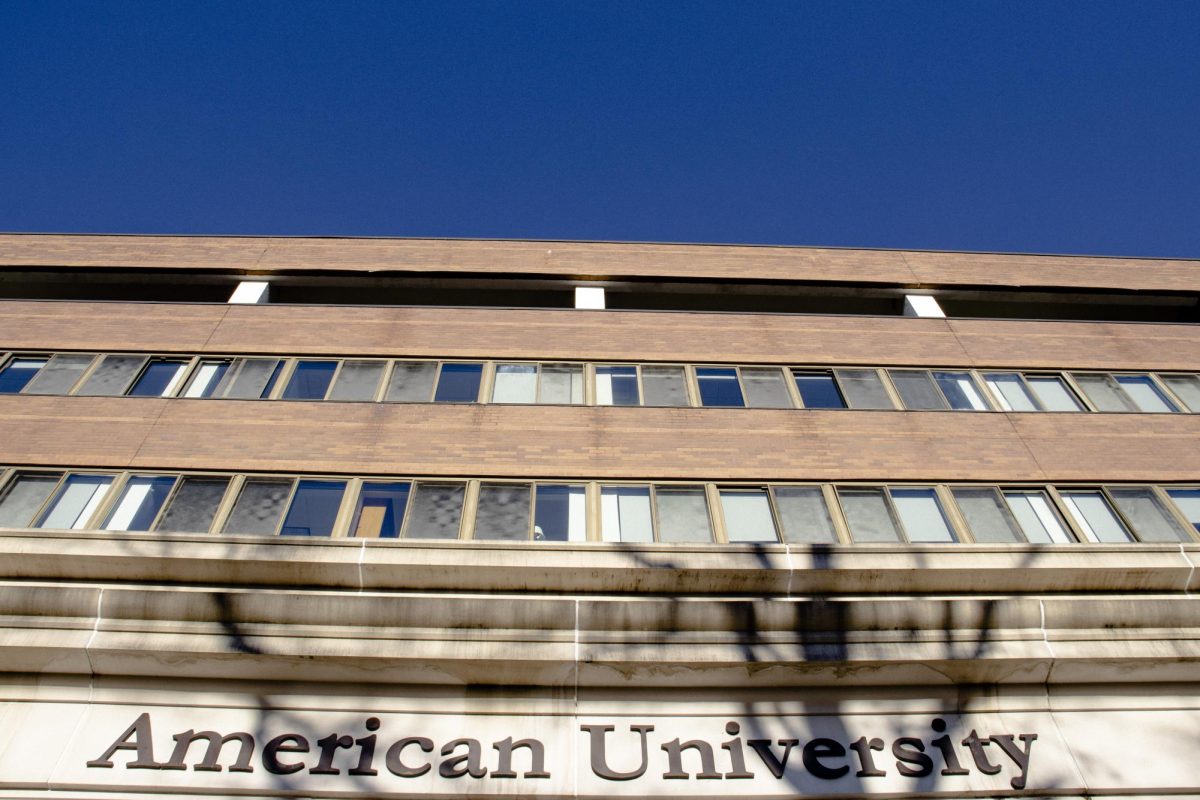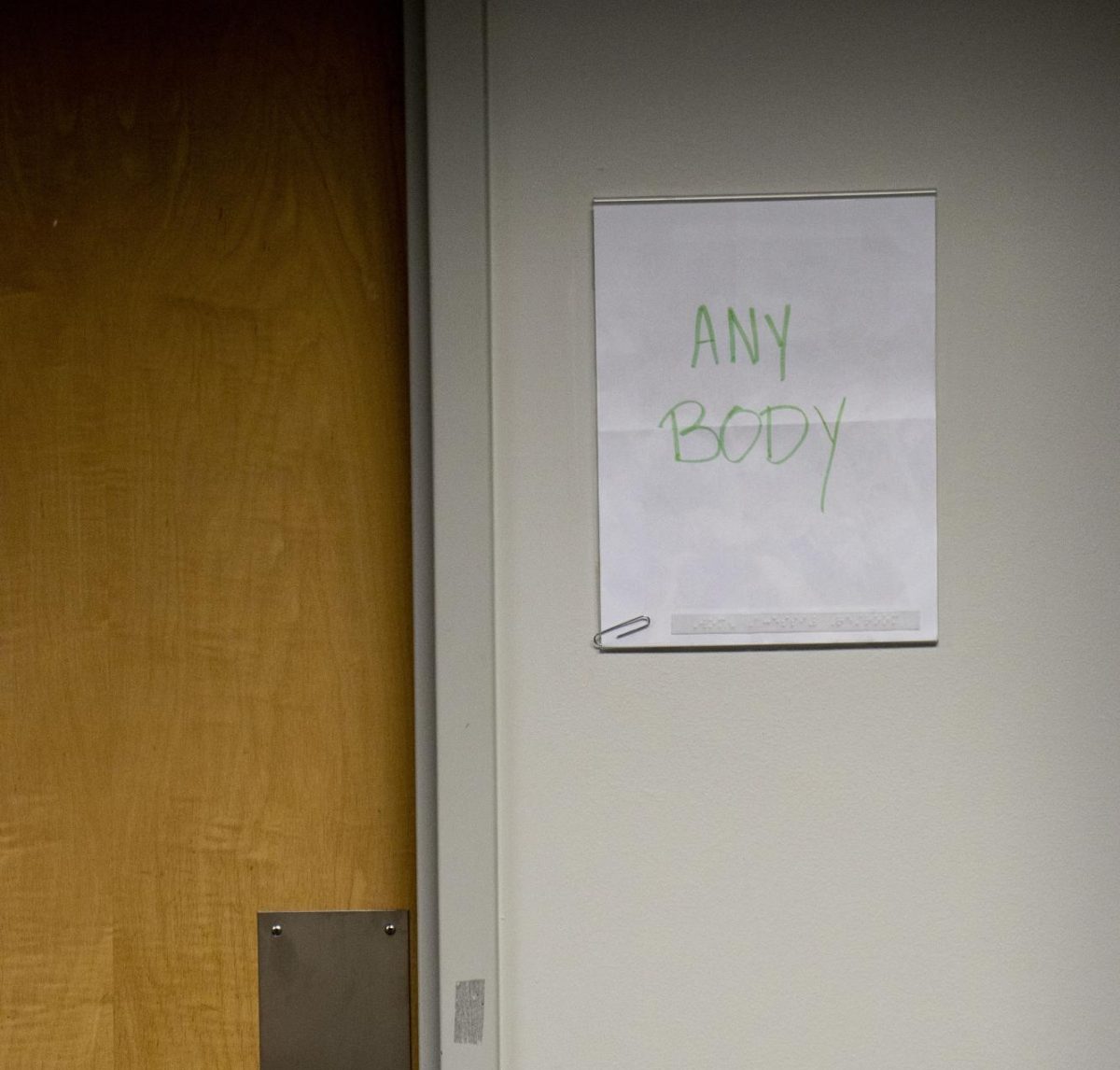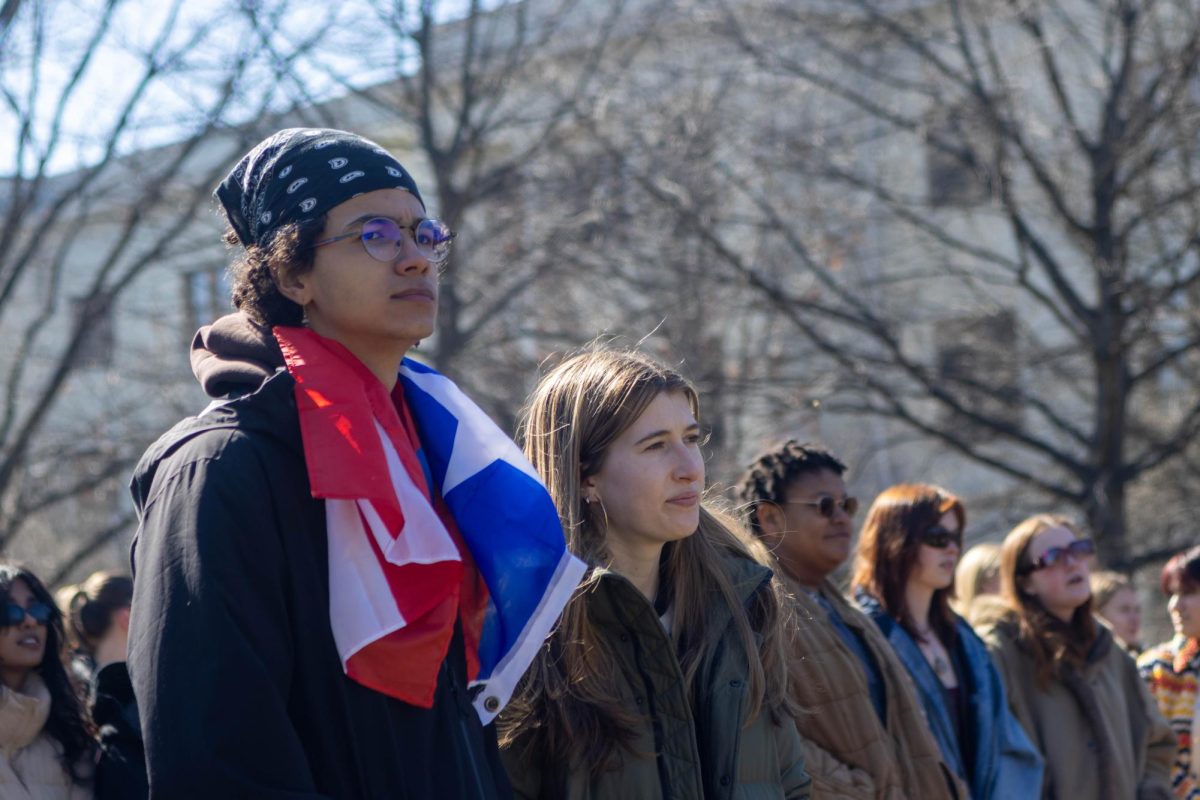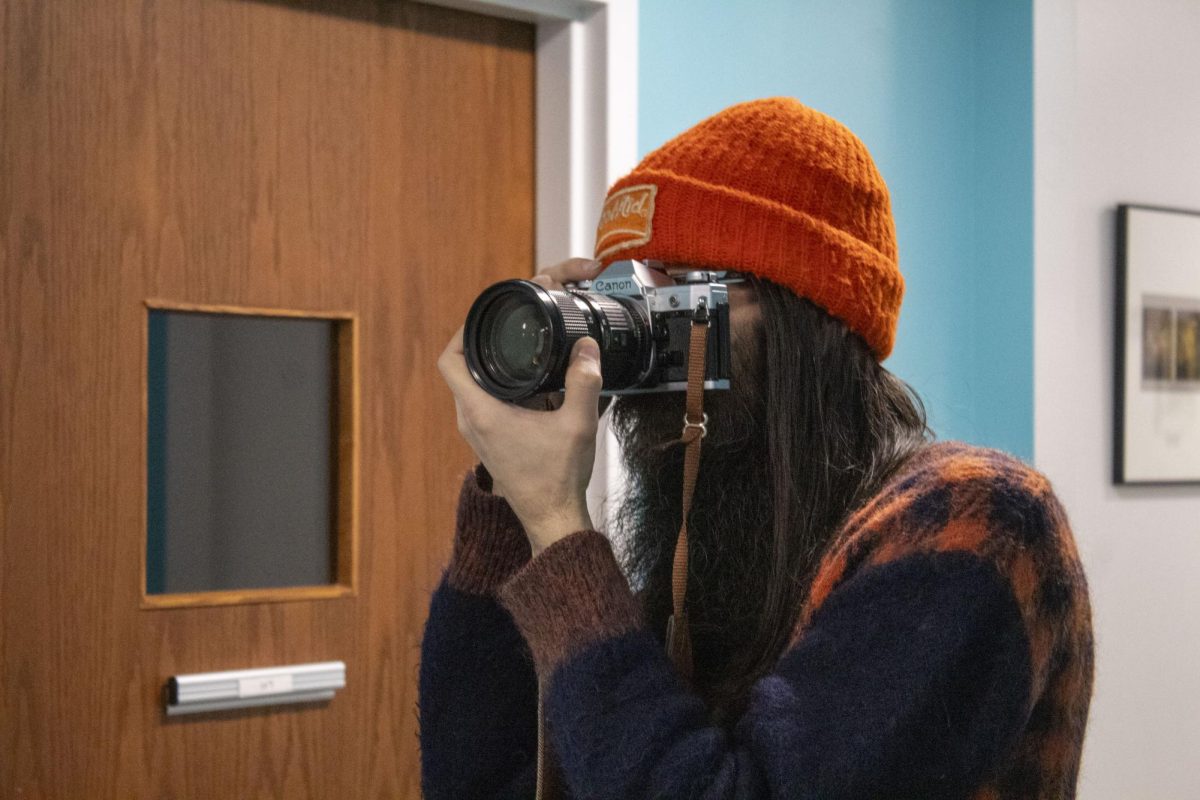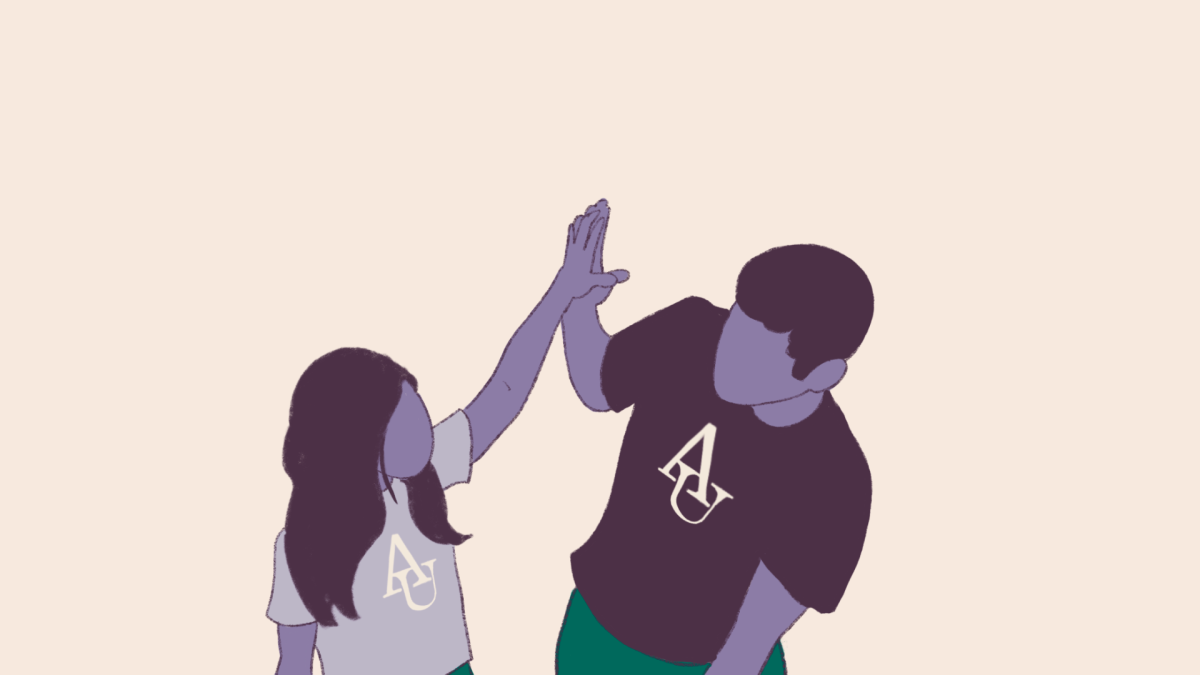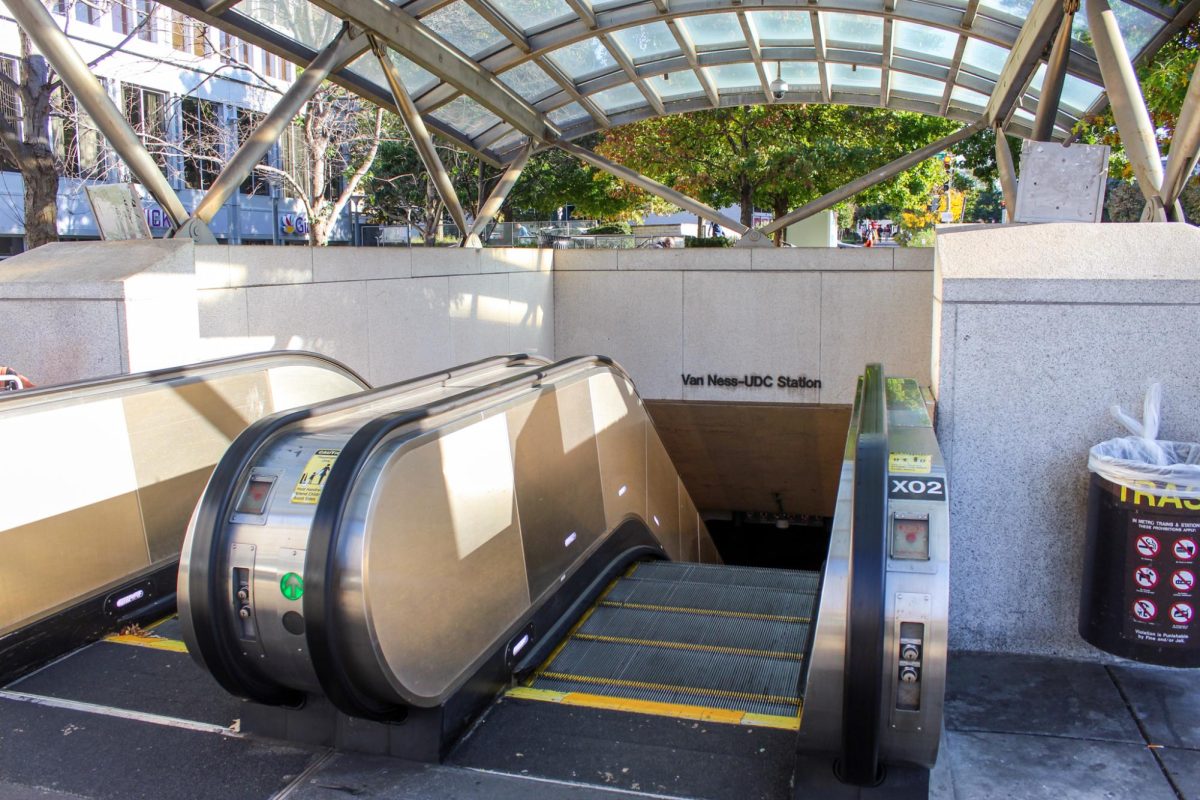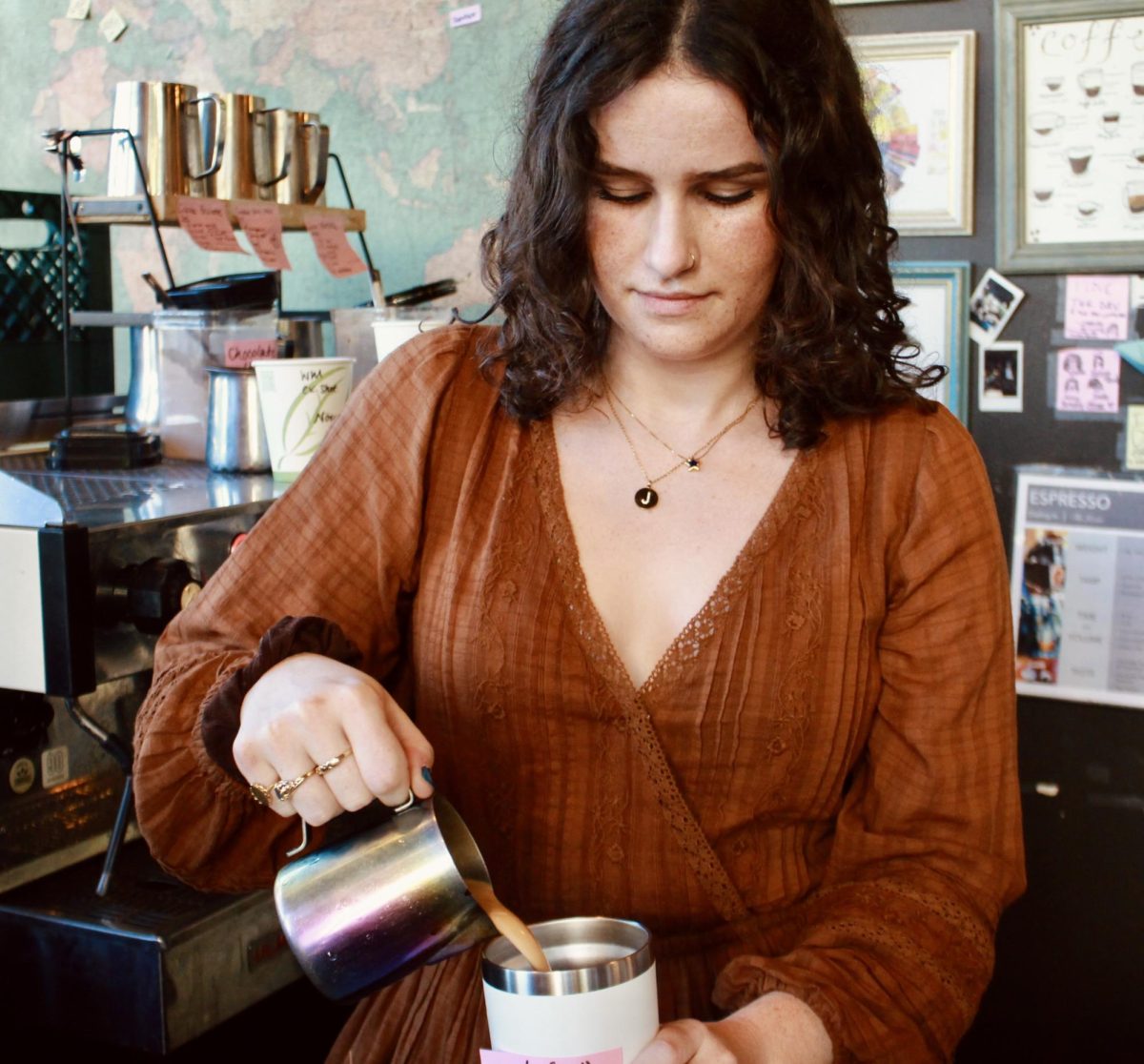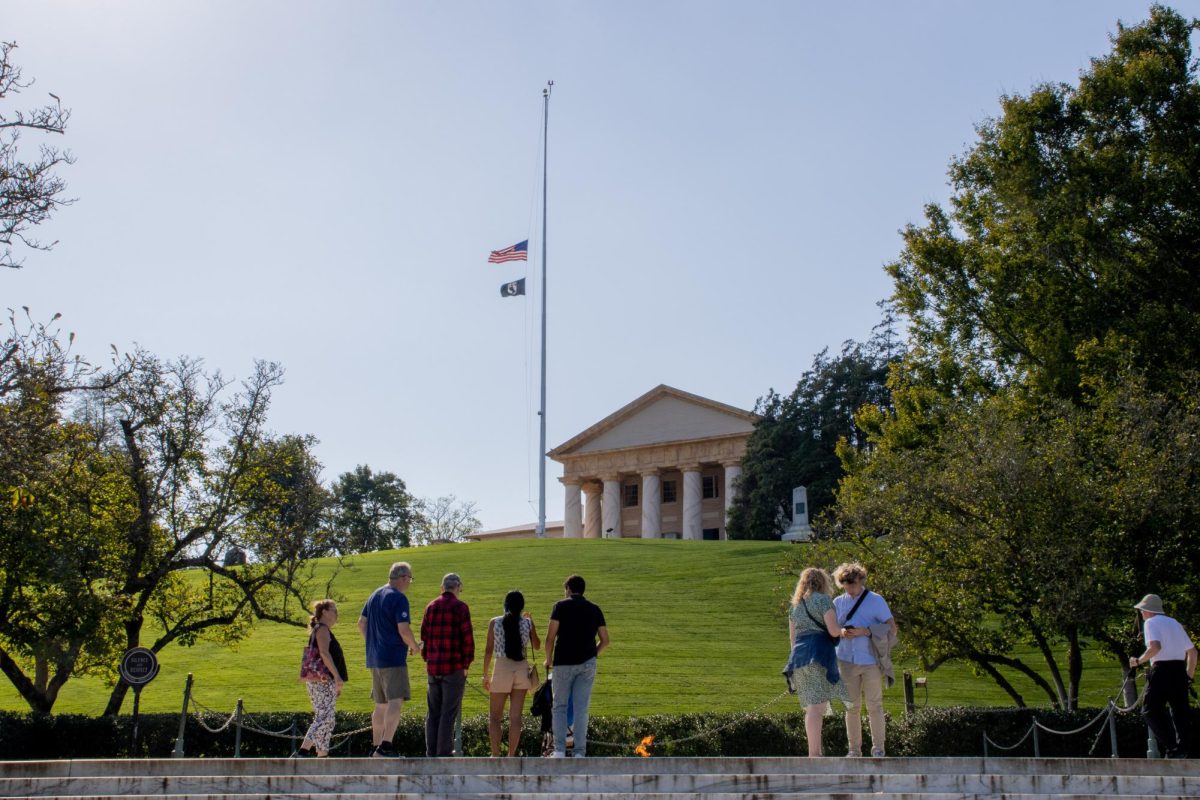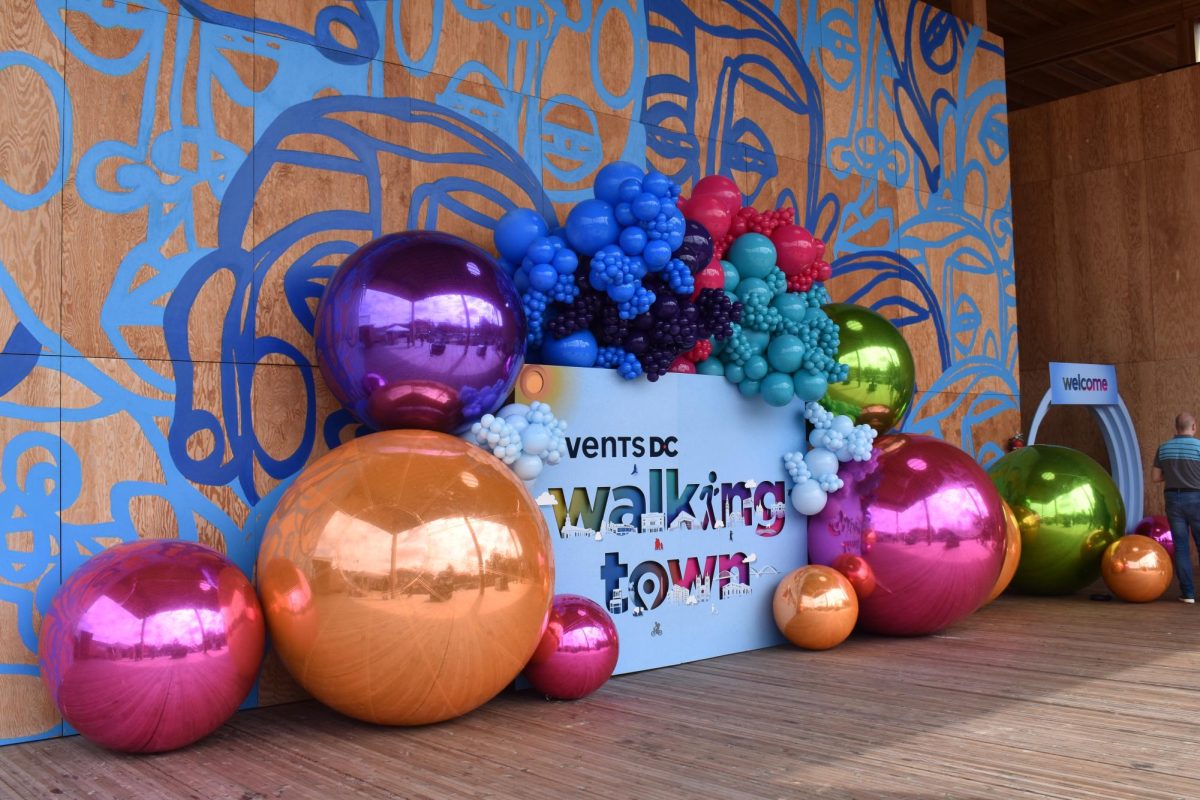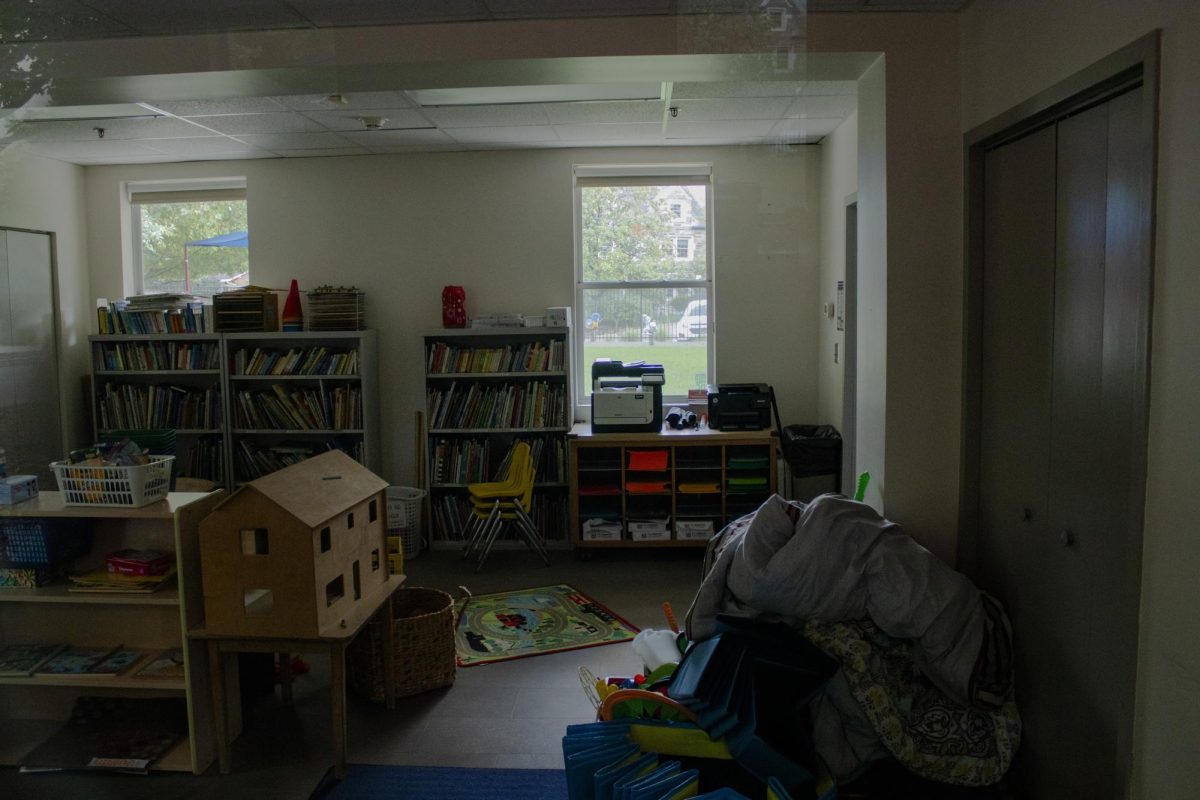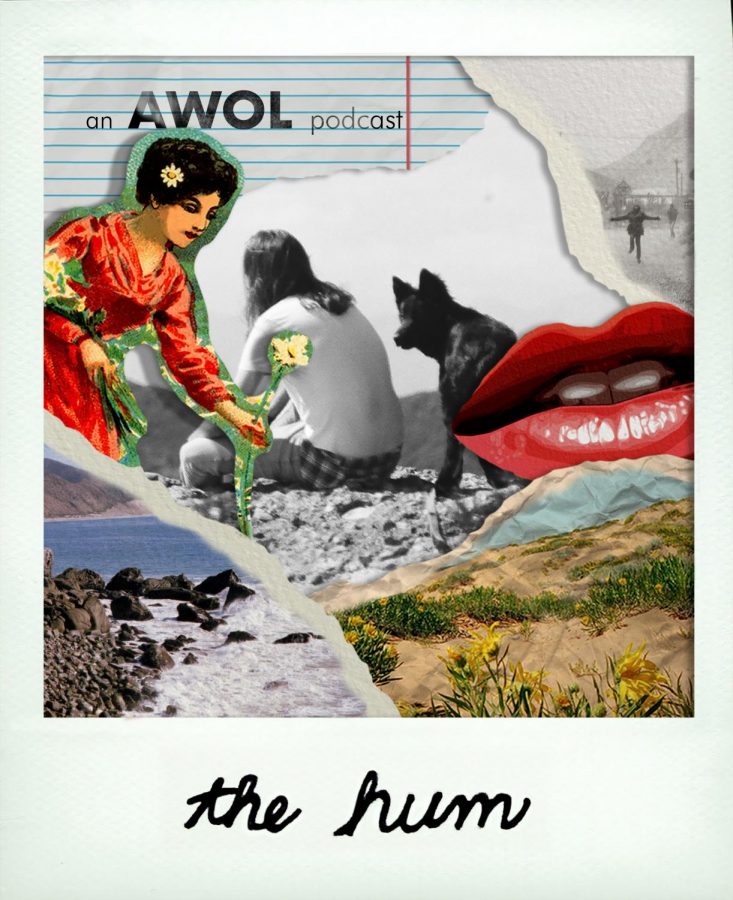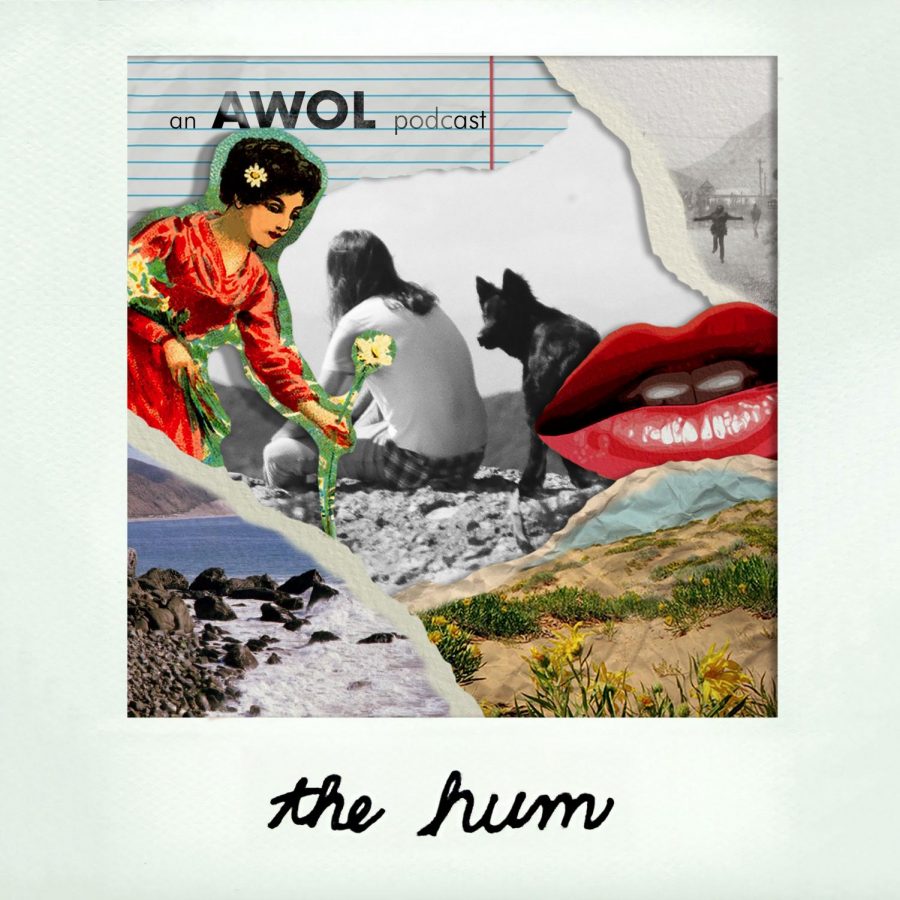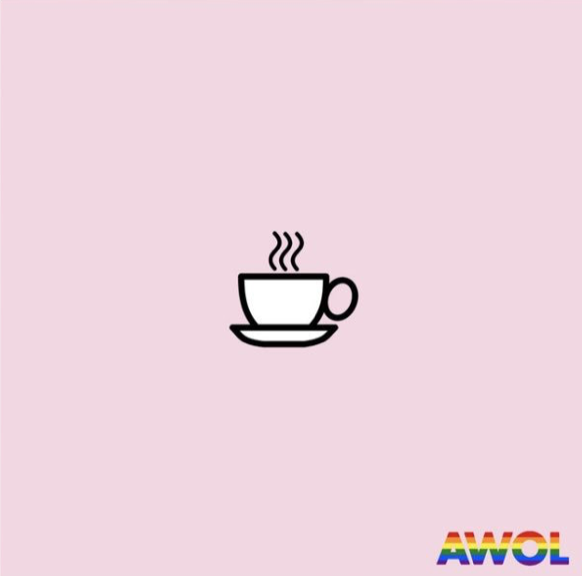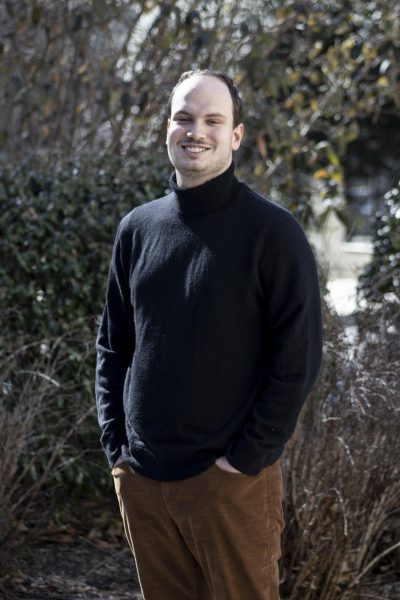This semester, the Hum team interviewed students about caffeine consumption on American University’s campus.
The episode explores how much caffeine students consume and why they decide to drink coffee, energy drinks or tea to fuel their energy.
Verity Sullivan, a junior studying political science, told AWOL about an incident where she was too exhausted to go to class, but pushed through by drinking two Celsius drinks within a couple of hours.
“That’s 500 milligrams of caffeine,” Sullivan said. “That’s like four cups of coffee, just in two drinks, and I should have, honestly, just stayed home.”
AWOL also interviewed Evan Reister, a health and nutrition professor, who said that there are both negatives and positives to drinking caffeine.
“Caffeine will improve your mood,” Reister said. “It will improve your alertness. It also can improve exercise performance by reducing your perception of fatigue or reducing your perception of pain, and then, over the longer term, moderate coffee consumption is shown to be associated with a reduced risk for a bunch of different diseases.”
Reister said that excessive caffeine intake, typically over 400 milligrams, can lead to adverse effects like increased heart rate, palpitations, sleep issues, high blood pressure and dehydration.
Lily Carver, a sophomore studying political science, expressed that a big factor with caffeine intake for college students is the aesthetic.
“It’s why places like Tatte are so popular… it’s like, ‘Oh, it’s cute here, let’s take pictures of our pastries,’” Carver said.
She mentioned The Bridge and The Davenport Coffee Lounge being hotspots, largely because friends might work there or because of their monthly novelty drinks.
To hear what other students think and gain insight from an expert, listen to this episode on your favorite podcast-listening platform.


